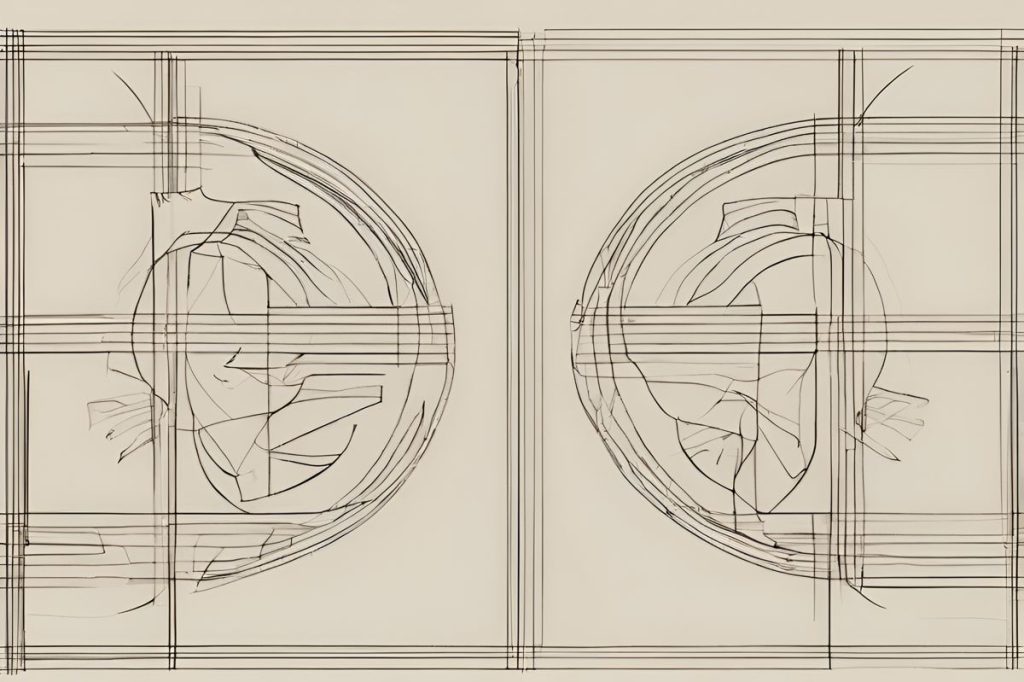Turkish Cypriot Leader Ersin Tatar criticizes UN Resolution 186 for excluding Turkish Cypriots, contributing to ongoing tensions in Cyprus. Tatar advocates for a two-state solution to resolve the conflict.
What is the significance of UN Resolution 186 according to Turkish Cypriot Leader Ersin Tatar?
UN Resolution 186 is significant as it established the UN Peacekeeping Force in Cyprus and recognized the government excluding Turkish Cypriots, which Ersin Tatar criticizes for contributing to their international non-recognition and ongoing tensions. Tatar advocates for a two-state solution to resolve the Cyprus conflict.
The Anniversary Statement
On the anniversary of United Nations Security Council Resolution 186, Turkish Cypriot Leader Ersin Tatar expressed strong criticism of the decision made back on March 4, 1964. The resolution established the UN Peacekeeping Force in Cyprus (Unficyp) and acknowledged the “Government of Cyprus,” dismissing the Turkish Cypriot members ousted the previous year. The terminology used in this document is said to have fueled the ongoing international non-recognition of Turkish Cypriots.
Historical Context and Ongoing Tensions
Ersin Tatar recalled the violence of Bloody Christmas in 1963, highlighting the plight of Turkish Cypriots who faced massacres and forced migration due to Greek Cypriot attacks. He contended that the Republic of Cyprus, once shared jointly with Turkish Cypriots, was forcibly transformed into a Greek Cypriot state. This transformation, recognized internationally as the legitimate government of Cyprus, has provided the Greek Cypriot side with a “comfort zone” which, according to Tatar, has led to persisting inflexibility in negotiations.
The Quest for Sovereignty
Firmly, Tatar reiterated the Turkish Cypriot refusal to succumb to pressures of minimizing their sovereignty, disbanding their statehood, or ousting Turkish soldiers from the island. The Greek Cypriot side, he claimed, fortifies its stance with the backing of Resolution 186, while also holding a “mentality of domination.” He argued that such an approach prevents any meaningful progress towards settlement.
A Two-State Solution
As a response to the stalemate, Tatar advocates for a two-state solution, suggesting that it would not only resolve the Cyprus issue but also bring benefits to the broader region. He believes that formal negotiations can only commence on this foundation, pointing to the failures of past unification attempts, such as the Annan plan and the talks at Crans Montana, as evidence of the need for a new approach.
The details above reflect the complexities of the Cyprus situation, a conflict entrenched in decades of history and political maneuvering. The events that have unfolded since the passing of Resolution 186 serve as testament to the enduring quest for recognition and equality by the Turkish Cypriot community. While the path forward remains fraught with challenges, the anniversary of this resolution serves as a reminder of the island’s divided past and the search for a peaceful and fair future.
What is the significance of UN Resolution 186 according to Turkish Cypriot Leader Ersin Tatar?
UN Resolution 186 is significant as it established the UN Peacekeeping Force in Cyprus and recognized the government excluding Turkish Cypriots, which Ersin Tatar criticizes for contributing to their international non-recognition and ongoing tensions. Tatar advocates for a two-state solution to resolve the Cyprus conflict.
What historical event does Ersin Tatar mention in relation to the ongoing tensions in Cyprus?
Ersin Tatar mentions the violence of Bloody Christmas in 1963, highlighting the plight of Turkish Cypriots who faced massacres and forced migration due to Greek Cypriot attacks. This historical event contributed to the current situation and serves as a reminder of the grievances of the Turkish Cypriot community.
What does Ersin Tatar advocate for as a solution to the Cyprus conflict?
Ersin Tatar advocates for a two-state solution as a way to resolve the Cyprus conflict. He believes that formal negotiations can only commence on this foundation, considering past unification attempts as unsuccessful. Tatar sees this as a new approach to bring benefits to the region and move towards a peaceful resolution.
How does Ersin Tatar describe the stance of the Greek Cypriot side in the conflict?
Ersin Tatar describes the Greek Cypriot side as fortifying its stance with the backing of Resolution 186 and holding a “mentality of domination.” He argues that this approach hinders any meaningful progress towards settlement and highlights the need for a different perspective to move forward.

